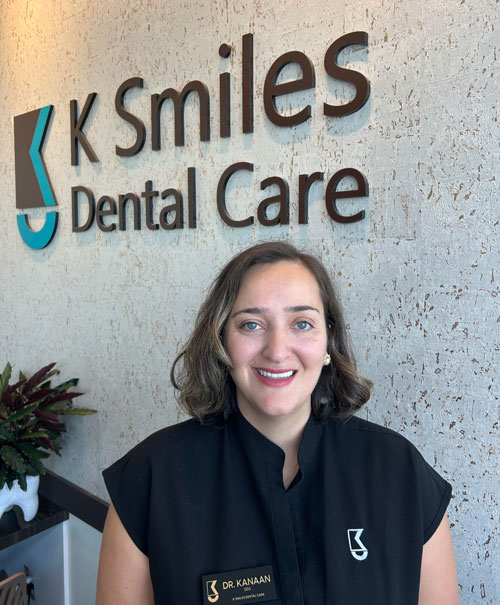

4 things to consider before getting teeth braces
Before you consider orthodontic treatment, there are several factors to consider.
4 Things to Consider Before Getting Teeth Braces
Getting braces is a significant decision that can transform your smile and improve your dental health. However, before embarking on this journey, there are a few essential factors to consider. Here are four key things to think about before getting teeth braces:
1. Type of Braces:
Braces are not a one-size-fits-all solution. There are several types of braces available, each with its own set of advantages and considerations:
- Traditional Metal Braces: These are the most common and effective for all types of dental issues. They are more noticeable but tend to be the most cost-effective option.
- Ceramic Braces: Similar to metal braces but made from a clear or tooth-colored material, making them less visible.
- Invisalign: Clear, removable aligners that are virtually invisible. They are popular among adults but may not be suitable for more complex dental issues.
Discuss with your dentist to determine which type of braces best suits your needs and lifestyle.
2. Duration of Treatment:
The length of time you'll need to wear braces can vary significantly depending on the complexity of your case. On average, treatment can range from 18 months to three years. Be prepared for the commitment, and remember that your treatment will include wearing a retainer after the braces are removed to maintain your new smile.
Make sure to ask your dentist any questions you may have especially when it comes to what to expect during and after your treatment is completed.
3. Cost and Insurance Coverage:
Braces can be a significant investment, with costs varying based on the type of braces and the length of treatment. You can expect a range between $5,000 and $8,000 so it is essential to consider your budget, if your dental insurance covers orthodontic treatment and to what limit. Some insurance plans offer partial coverage, while others may not cover braces at all.
Discuss payment plans and financing options with your dentist's office to make the treatment more affordable.
4. Lifestyle and Oral Hygiene:
Wearing braces requires adjustments to your daily routine, especially concerning oral hygiene and diet. Braces can make it more challenging to clean your teeth, so you'll need to be diligent with brushing and flossing to prevent plaque buildup and cavities. Additionally, you'll need to avoid certain foods that can damage your braces, such as hard, sticky, or chewy items.
Maintaining regular dental hygiene visits are essential to give you the best results and the smile you deserve.
Consider how braces will fit into your lifestyle and whether you're ready to commit to the necessary care and maintenance. Your dentist will provide detailed instructions on how to care for your braces to ensure the best possible outcome.
Other important factors to consider/discuss with your dentist:
- Potential Discomfort: Braces may cause some discomfort, especially during the initial adjustment period and after routine adjustments. Be prepared for soreness, irritation, or difficulty eating certain foods during these times. This usually gets better over time as your body gets accustomed to the teeth movement.
- Potential Risks and Complications: While orthodontic treatment is generally safe, there are potential risks and complications to be aware of, such as tooth decay, gum disease, and root resorption. Your dentist will discuss these risks and how to minimize them during treatment.
- Follow-Up Care: Orthodontic treatment doesn't end once the braces are removed. Follow-up care, such as wearing retainers and attending periodic check-ups, is crucial to maintain the results and prevent teeth from shifting back.
Conclusion:
Getting braces is a significant step towards achieving a beautiful and healthy smile. By considering the type of braces, duration of treatment, cost, and necessary lifestyle adjustments, you can make an informed decision that aligns with your dental needs and personal circumstances. Consult with an experienced dentist to discuss your options and embark on your journey to a confident, radiant smile.
Considering these factors and discussing any concerns with your dentist/orthodontist will help you make an informed decision about whether braces are the right choice for you.




